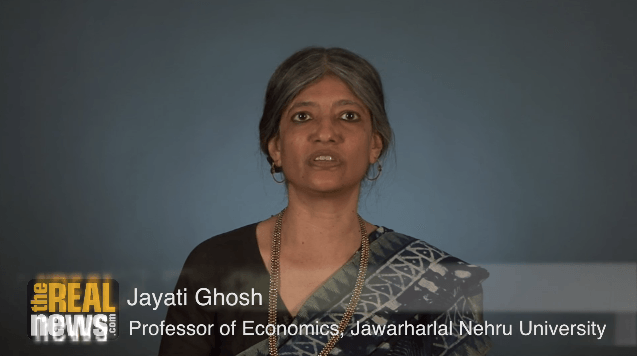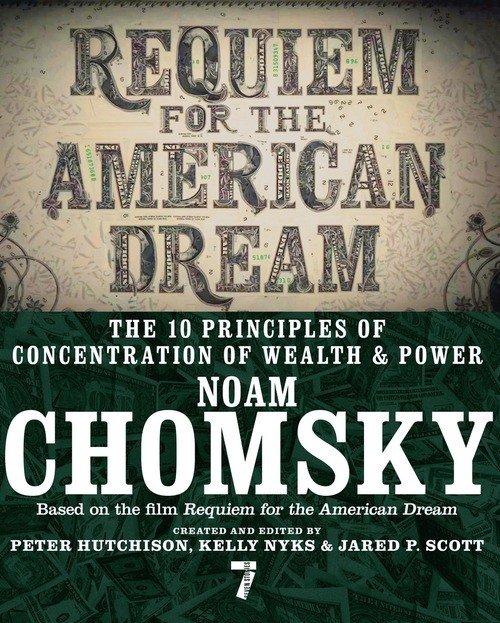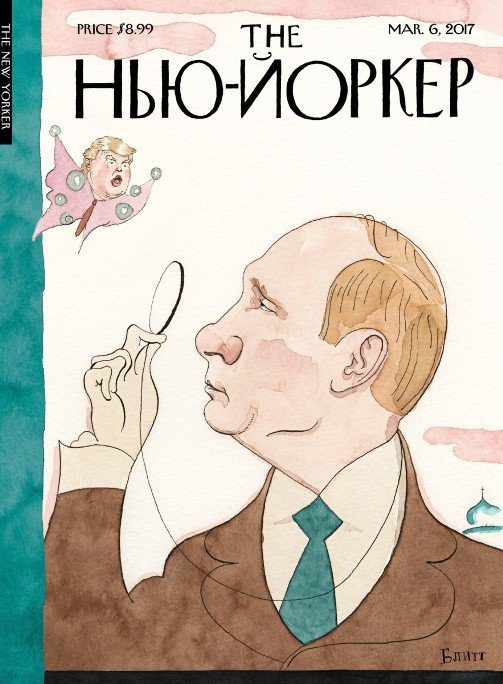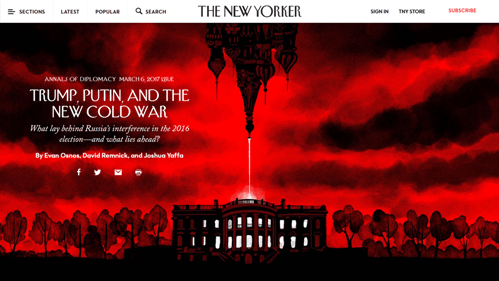The blurb of a recent article, The Ruthlessly Effective Rebranding Of Europe’s New Far Right by Sasha Polakow-Suransky for The Guardian, says:
Across the continent, rightwing populist parties have seized control of the political conversation. How have they done it? By stealing the language, causes and voters of the traditional left
A better way to put it is that the left has genuinely lost interest in addressing people’s grievances, and is promoting policies of neoliberals. The far right has found a clever winning strategy.
Donald Trump will soon be the President of the United States 🇺🇸 and economists and financial analysts have discussed Trump’s liking of fiscal policy. There seems to be a tendency of economists who are leaning toward the Democratic Party in the US to not support this. To me it just looks like a defense of the party than a defense of the correct principles of political economy.
To be fair to them, Donald Trump indeed has a character and ideology leaning to the dark side. But it still doesn’t mean why the US government shouldn’t engage on a fiscal expansion plan. Because this is a principle which belongs to the traditional left. Else they should stop pretending to be ideologically leaning to the left in the “political spectrum”.
Brad Setser has a post on his blog Follow The Money in which he seems to be not excited about a possible fiscal expansion by the US government. Now, Donald Trump is an erratic person and we’ll never know what he’s going to do until he does it but let’s just assume that he does it.
Setser’s point is that surplus nations have more room for fiscal expansion than deficit nations and I agree with that. But Trump’s policy is also to declare China 🇨🇳 a “currency manipulator”, in his own words. In another post, Setser opposes this and favours status quo on this issue from the US viewpoint.
Currently, although the US has a large negative international investment position (minus 44% of Q2 GDP), it’s not that the US economy is under immediate threat from a collapse of the dollar. The US economy can expand by raising tariffs and also asking other governments to do fiscal expansion. Even if others don’t initially, they might when they start to see the positives.
But none of these points will be made by economists. Trump’s fiscal stimulus may not even be large and its effect on the US international investment position may not be that bad. The US anyway has the option to appeal to the Article 12 of the GATT (General Agreement on Tariffs and Trade).
I think Bernie Sanders said it the best about the Democrats in a speech at Berklee, a few days back (at 38m, 58s in the video):
In other words, one of the struggles that you’re going to be seeing in the Democratic Party is whether we go beyond identity politics. I think it’s a step forward in America if you have an African American head or CEO of some major corporation. But you know what, if that guy is going to be shipping jobs out of his country and exploiting his workers, doesn’t mean a whole hell of a lot if he’s black or white or Latino.
The Democrats have clinged on to social issues because Trump’s views are horrible on this. While Trump should be passionately opposed on such issues, it’s an attempt by the Democrats to impose neoliberalism on the population. Sanders, although a Democrat, understands this.
Sanders’ opinion on this, his statement after the US election results were out, is the right one and should be followed:
Donald Trump tapped into the anger of a declining middle class that is sick and tired of establishment economics, establishment politics and the establishment media. People are tired of working longer hours for lower wages, of seeing decent paying jobs go to China and other low-wage countries, of billionaires not paying any federal income taxes and of not being able to afford a college education for their kids – all while the very rich become much richer.
To the degree that Mr. Trump is serious about pursuing policies that improve the lives of working families in this country, I and other progressives are prepared to work with him. To the degree that he pursues racist, sexist, xenophobic and anti-environment policies, we will vigorously oppose him.




